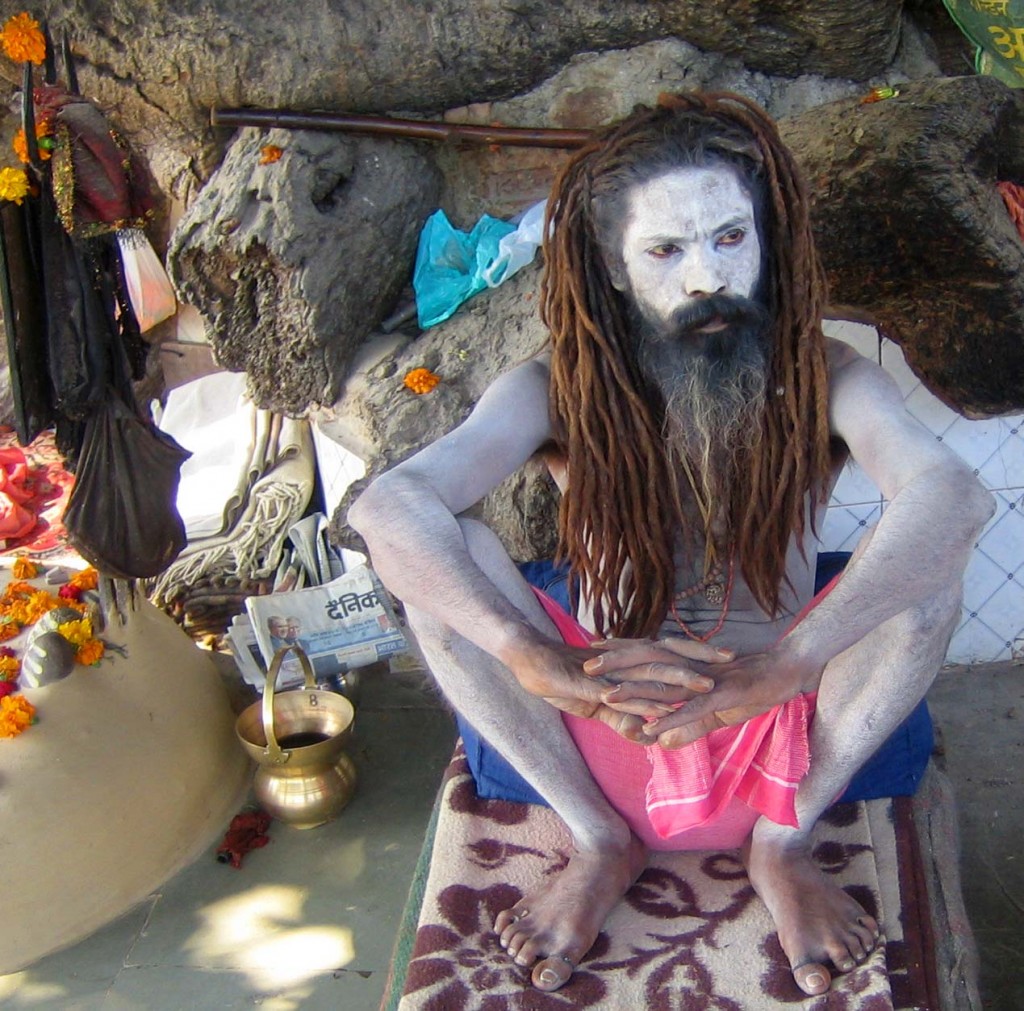Mumbai-based Vindhya Barwal is a first year BA English literature student who likes to create stories as much as she likes to read them. Of her story Facade, which is featured by Youth Inc this month, she says, “Facades, paradoxes and the perspective of a gullible heart are the moving factors of this story. Its mystical element has the aura of an Indianized and creepier version of Harper Lee’s Boo Radley. The story feels like a fall from a fairy tale to the harsh realities of the world, scarring the rainbows and butterflies of a child’s imagination and it comprises a few things to ponder about here and there. It was woven with fragments of my childhood and with my knack of including rather unpleasant factors in works of fiction.”
FACADE
Eventide brought with itself dread of such intensity that even little Aarav, who would usually be boisterously climbing up the walls of the unanimously presumed haunted mansion with agility to fetch the ball which was flung by the junior cricket league (or so they liked being referred to as), lay curled up in a ball under the mink blanket. His mother would roll eyes and say that in a land of blind men, the one-eyed is king. Aarav didn’t respond to his mother’s taunts – he knew it was wise to be quiet for Mrs. Gupta could never decipher the blood curdling horror that was ignited in every child’s mind when they saw the Aghori baba. It didn’t matter to him that his mother thought of him as cowardly; at least it kept her safe – not knowing what the kids saw every evening and galloped back to their safe havens. The children had kept the secret to themselves ever since they spotted him sitting under a tree in the green belt which ran behind their little colony. There he was, with his legs stretched and tossed atop each other, shabbily staring at the nothingness of the world. He looked filthy, with his dark complexion covered scantily with white powder that was rumored to be a crushed human skull. His silver hair was in dreadlocks and it seemed to them that he hadn’t washed them in centuries. On his forehead was a humungous black tilak which was the product of some magical thing they knew not of, and he wore nothing but a loose piece of dirty cloth which covered only the merging of his legs and torso. The lanky, frightening looking man had been sitting there during dusk every day for the past two weeks. They had been peeking for his presence’s confirmation ever since.
It had to be an Aghori baba – Prateeksha had taken half an hour of her famous brooding time to conclude it and everyone knew that Prateeksha was always right. The fifth grader was the oldest one in their little gang. She was in fact the first one to have noticed the Aghori baba; the ball had been flung there as usual and she had climbed over the high concrete fence to the green belt which was disappointingly not-so-clean after all. The one who chose to get the ball, therefore, was lured by tamarind sweets. The urchins were well aware of the daily trash dumped by the trash-collector in the green belt every morning for they had often seen the woman in her shabby saree lift the giant trash can and stand atop the street-lamp pedestal to throw the rubbish on the other side of the fence. The garbage was burnt later supposedly to make it less polluting and to get rid of any stench. Looking at the green belt from the other side of the fence, one could see the garbage debris confined to the area near the fence and a stone’s throw away began the asymmetrical array of varied trees upon the yellowed earth. Prateeksha had seen the baba sitting under one of the thick trunked tree and sprinted back to the colony, jibber-jabbering to the other about the ‘ghastly man’ she had sighted. What followed was a gang of inquisitive kids going to the site of inspection, gazing in horror and running back shrieking to their colony. After Prateeksha’s suggestions and a long time of pondering, Aarav and the others settled on not speaking about their encounter to anyone in order to protect their friends and families. They were the local Justice League after all.
Everyone went home before dark after the sighting of the Aghori baba, and their parents shrugged off the change in schedule as some naïve yarn spinning by the children – much to their relief. Aarav however, was exasperated by this torment that had struck them and two weeks of safety made him doubtful about the baba’s harming abilities. The local alpha kid, with an air of finality, took the responsibility on his shoulders and secretly climbed upon the concrete fence. “Here goes nothing,” he said to himself and jumped off to the other side. Just about ten feet away from the fence sat the odd looking man, cross-legged with his eyes shut. The nine-year-old got cold feet as he approached the baba and before he knew it, he felt his legs walk backwards.
“Should you chicken out so soon, eh?”
Aarav froze where he was as he noticed the baba’s black eyes, now open with a bluish-grey ring surrounding the iris. “I…Err…” he stammered as his heart pounded in his head.
“We embrace degradation. It is a part of life. Do not look so terrified,” he said in a brash yet monotonous voice.
“What is degradation?” Aarav asked, scared but curious. Something kept him from departing.
“Everything that lives shall once cease. Shiva is the creator and the destroyer… We consume human flesh, feces, urine to attain moksha. You people have a very narrow view on life but who can blame you really?”
Aarav felt like he was going to die any minute now. The oddball had just accepted his man-eating tendencies and absolutely revolting practices. “Baba, I don’t think I am quite of your taste.”
Aghori laughed hoarsely. “Certainly, certainly… You would have to be dead and cremated for me to care enough anyway.”
“Why are you here?” Aarav was confused but his fears were receding.
Baba’s expressions turned grave. “Tell your mother, an Aghori scavenged on Sonu’s incompletely incinerated body here two years ago. Call us the bad guys but the real monsters lurk in the daylight.”
“You mean the helper who ran away with father’s wallet and never returned?” He gasped.
“What an easy task it is to burden an orphan, invalid child with such accusations. Ask her did she not repent once before telling false believable tales? She beat him a lot didn’t she?” His voice was expressionless.
“What are you saying baba?” Aarav was horrified. “Sonu didn’t talk to anyone. He always had the traits of a thief. Are you saying he is dead?”
“I think I have spoken enough. It is good she hasn’t left us any more remains. God is watching, tell her that.” He rose; his tall, lanky frame covered with white powder now closer to Aarav than before, but it didn’t make him flinch.
“Go now. Leave,” the Aghori ordered.
Aarav didn’t question him. He looked at his opaque eyes one last time, his black tilak, his dreadlocked hair and his somber expression. Then he began going back to the fence, turning around twice to see him walk away towards the opposite side. He was stupefied. For days and days his mind revolved around the possibilities of his mother being a murderer. It was a horrible thought and it nearly made him nauseous but the baba had ignited a question which desperately needed an answer. Then one day, when Aarav asked Mrs. Gupta if it was a funny dream that he had about an Aghori baba eating Sonu’s semi-incinerated body in the green belt, her waling said it all. He never saw the baba again.


































